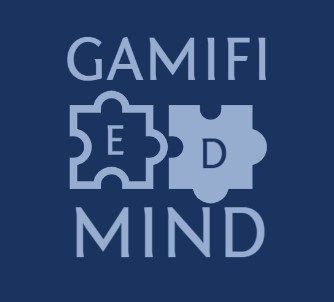

Simple sentences contain a subject and a predicate. Subjects and Predicates are the Building Blocks of Sentences.
Think of the subject as the star of the sentence. It's the 'who' or 'what' that the sentence is all about. To find it, ask yourself: Who or what is doing the action?
Example: "The cat is sleeping." Who is sleeping? (The cat)
Now, the predicate is what gives us the lowdown on the subject. It tells us what the subject is doing or what's happening to it. To find it, ask: What is happening? What does the subject do?
Example: "She is reading a book." What is she doing? (Reading a book)
A complete sentence has both a subject and a predicate. It's like a puzzle - the subject and predicate fit together to make a complete thought.
Example: "The students studied for their exams."
Remember, the subject is the 'who' or 'what' and the predicate tells us about the subject.
Sometimes sentences have more than one subject or action. For example: "John and Mary went to the store." Here, 'John and Mary' are both doing the action. Let's talk more about this in the next lesson.
Understanding subjects and predicates helps us create clear and meaningful sentences. It's like having the key to unlock the magic of writing!